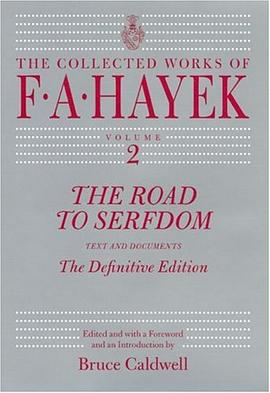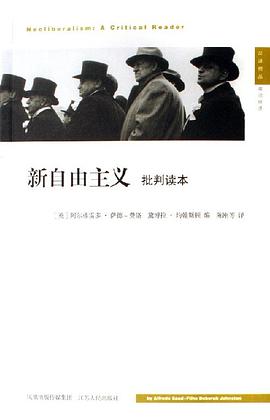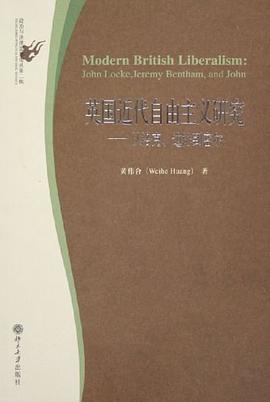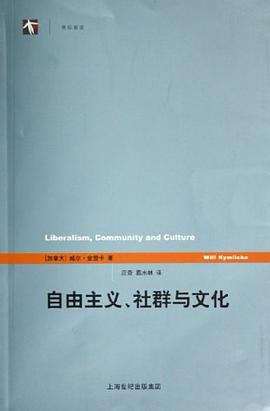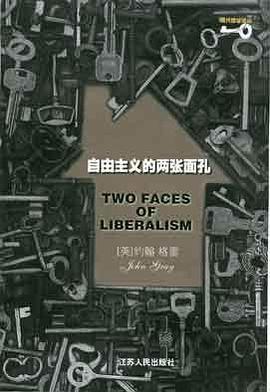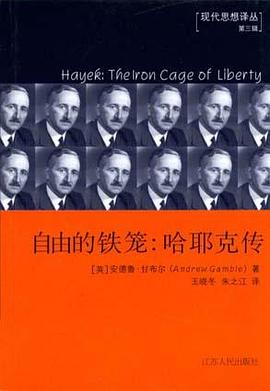

具体描述
Friedrich August Hayek CH (German pronunciation: [ˈfʁiːdʁɪç ˈaʊ̯ɡʊst ˈhaɪ̯ɛk]) (8 May 1899 – 23 March 1992), born in Austria-Hungary as Friedrich August von Hayek, was an economist and philosopher best known for his defense of classical liberalism and free-market capitalism against socialist and collectivist thought. In 1974, Hayek shared the Nobel Prize in Economics for his "pioneering work in the theory of money and economic fluctuations and... penetrating analysis of the interdependence of economic, social and institutional phenomena."
Hayek is considered to be one of the most important economists and political philosophers of the twentieth century.Along with his mentor Ludwig von Mises, he was an important contributor to the Austrian school of economic thought. Hayek's account of how changing prices communicate information which enable individuals to coordinate their plans is widely regarded as an important achievement in economics.He also contributed to the fields of systems thinking, jurisprudence, neuroscience and the history of ideas.
Hayek served in World War I and said that his experience in the war and his desire to help avoid the mistakes that had led to the war (see below) led him to his career. Hayek lived in Austria, Great Britain, the United States and Germany, and became a British subject in 1938. He spent most of his academic life at the London School of Economics (LSE), the University of Chicago, and the University of Freiburg.
In 1984, he was appointed as a member of the Order of the Companions of Honour by Queen Elizabeth II on the advice of Prime Minister Margaret Thatcher for his "services to the study of economics." He also received the US Presidential Medal of Freedom in 1991 from president George H. W. Bush. In 2011, his article The Use of Knowledge in Society was selected as one of the top 20 articles published in the American Economic Review during its first 100 years.
Bruce J. Caldwell is a historian of economics, Research Professor of Economics at Duke University, and Director of the Center for the History of Political Economy
An unimpeachable classic work in political philosophy, intellectual and cultural history, and economics, The Road to Serfdom has inspired and infuriated politicians, scholars, and general readers for half a century. Originally published in 1944—when Eleanor Roosevelt supported the efforts of Stalin, and Albert Einstein subscribed lock, stock, and barrel to the socialist program— The Road to Serfdom was seen as heretical for its passionate warning against the dangers of state control over the means of production. For F. A. Hayek, the collectivist idea of empowering government with increasing economic control would lead not to a utopia but to the horrors of Nazi Germany and Fascist Italy.
First published by the University of Chicago Press on September 18, 1944, The Road to Serfdom garnered immediate, widespread attention. The first printing of 2,000 copies was exhausted instantly, and within six months more than 30,000 books were sold. In April 1945, Reader’s Digest published a condensed version of the book, and soon thereafter the Book-of-the-Month Club distributed thisedition to more than 600,000 readers. A perennial best seller, the book has sold 400,000 copies in the United States alone and has been translated into more than twenty languages, along the way becoming one of the most important and influential books of the century.
With this new edition, The Road to Serfdom takes its place in the series TheCollected Works of F. A. Hayek. The volume includes a foreword byseries editor and leading Hayek scholar Bruce Caldwell explaining the book's origins and publishinghistory and assessing common misinterpretations ofHayek's thought. Caldwell has also standardized and correctedHayek's references and added helpful new explanatory notes. Supplemented with an appendix of related materials ranging from prepublication reports on the initial manuscriptto forewords to earlier editions by John Chamberlain, Milton Friedman, and Hayek himself, this new edition of The Road to Serfdom will be the definitive version of Friedrich Hayek's enduring masterwork.
用户评价
##未整理
评分 评分##聪明人,有几节相当精确
评分##用通向天堂的美好愿望来铺设一个国家通向地狱的路。——哈耶克 1974年在诺贝尔经济学奖的评选上,斯德哥尔摩的评奖委员会称:“在经济学界自亚当·斯密以来最受人尊重的道德哲学家和政治经济学家。” 提到哈耶克这个人基本上都会与自由主义联系到一起,而《通往奴役之路》是经...
评分##躺着说话,当然不会腰疼。
评分##句子绕得想打人
评分##献给所有形式的悲观主义者。 (一) 《通往奴役之路》(通)的初版(1944)距今已近70年。最近大陆也推出了修订中文版,改正了之前翻译的不尽人意之处,并在卷首增加了韦森的导读。本书在当代政治观念史上占据极重要位置,这从它宣扬的理念——不管是以如何简陋与扭曲的样式...
评分##聪明人,有几节相当精确
评分##我相信,假使有人如实、全面的向公众介绍哈耶克,那么这位学者必定为当代绝大多数中国人所谴责。 以中文网络上的书评来看,这本书的多数读者仅仅注意到了作者对经济控制的批判,以及对社会主义的否定——包括在欧洲大行其道的社会民主主义,而没有注意到他对行业监管、社会保...
相关图书
本站所有内容均为互联网搜索引擎提供的公开搜索信息,本站不存储任何数据与内容,任何内容与数据均与本站无关,如有需要请联系相关搜索引擎包括但不限于百度,google,bing,sogou 等
© 2025 book.qciss.net All Rights Reserved. 图书大百科 版权所有

